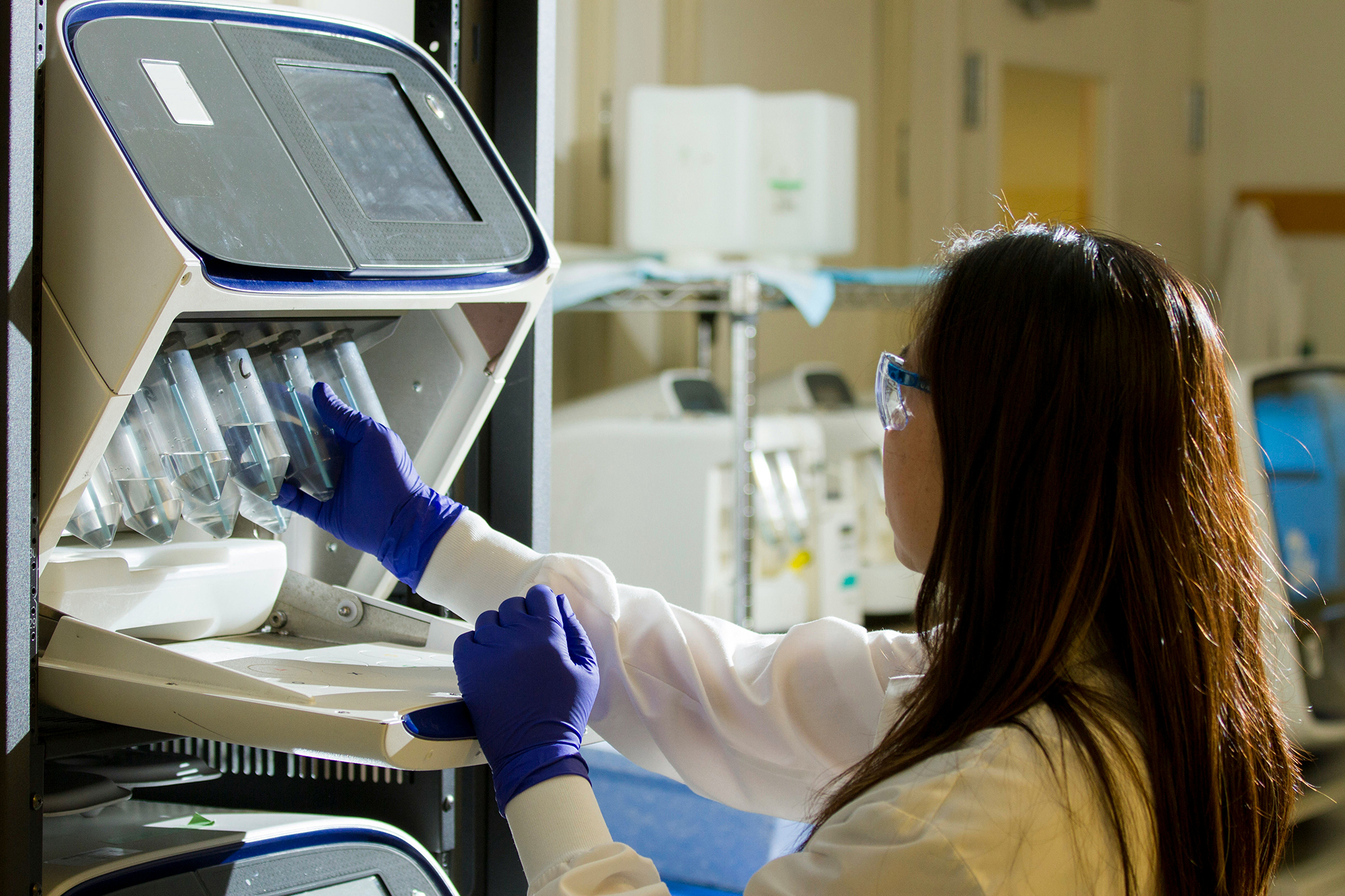
Bachelor of Medical Laboratory Technology (BMLT) program
Course Objective:
The objective of the Bachelor of Medical Laboratory Technology (BMLT) program is to train students to become skilled healthcare professionals capable of performing various laboratory tests and analyses to aid in the diagnosis, treatment, and prevention of diseases. The program aims to provide students with comprehensive theoretical knowledge, practical skills, and hands-on experience in laboratory techniques, instrumentation, quality assurance, and laboratory management. Through a combination of coursework, laboratory sessions, clinical rotations, and internships, students will develop the expertise necessary to work effectively in clinical laboratories, research laboratories, diagnostic centers, hospitals, and public health agencies.
Learning Outcomes:
Upon completion of the BMLT program, students will be able to:
- Understand the fundamental principles and concepts of medical laboratory science, including anatomy, physiology, microbiology, hematology, biochemistry, and immunology.
- Perform a wide range of laboratory tests and procedures accurately, efficiently, and safely, following standard operating procedures and quality assurance protocols.
- Operate and maintain laboratory equipment and instrumentation, including analyzers, microscopes, centrifuges, and automated systems.
- Analyze and interpret laboratory test results, and communicate findings effectively to healthcare professionals for diagnosis, treatment, and patient care.
- Apply knowledge of laboratory techniques and methodologies to conduct research, analyze data, and contribute to advancements in the field of medical laboratory science.
- Demonstrate proficiency in specimen collection, handling, processing, and storage, ensuring proper identification, labeling, and documentation.
- Adhere to ethical and professional standards in laboratory practice, respecting patient confidentiality, privacy, and informed consent.
- Collaborate effectively with other healthcare professionals, including physicians, nurses, and pathologists, to provide accurate and timely laboratory services and support patient care.
- Demonstrate competence in laboratory management and quality assurance practices, including inventory control, regulatory compliance, and accreditation standards.
- Continuously update their knowledge and skills through lifelong learning, professional development activities, and participation in relevant professional organizations.
Career Scope:
Graduates of the BMLT program can pursue diverse career opportunities in clinical laboratories, hospitals, diagnostic centers, blood banks, research laboratories, pharmaceutical companies, public health agencies, and academic institutions. Some potential career roles include:
- Medical Laboratory Technologist
- Clinical Laboratory Scientist
- Laboratory Technician
- Pathology Assistant
- Blood Bank Technologist
- Microbiology Technologist
- Biochemistry Technologist
- Hematology Technologist
- Immunology Technologist
- Laboratory Manager/Supervisor
Additionally, graduates may choose to pursue specialized certifications, such as Medical Laboratory Scientist (MLS) or Medical Laboratory Technician (MLT), to enhance their credentials and career prospects. The demand for qualified medical laboratory professionals is expected to grow due to the increasing prevalence of diseases, advances in diagnostic technologies, and the expansion of healthcare services, ensuring abundant career opportunities and potential for advancement in the field of medical laboratory science.

